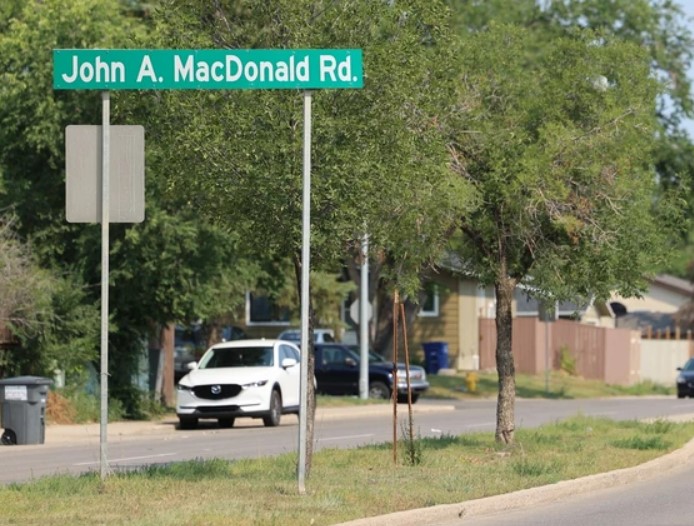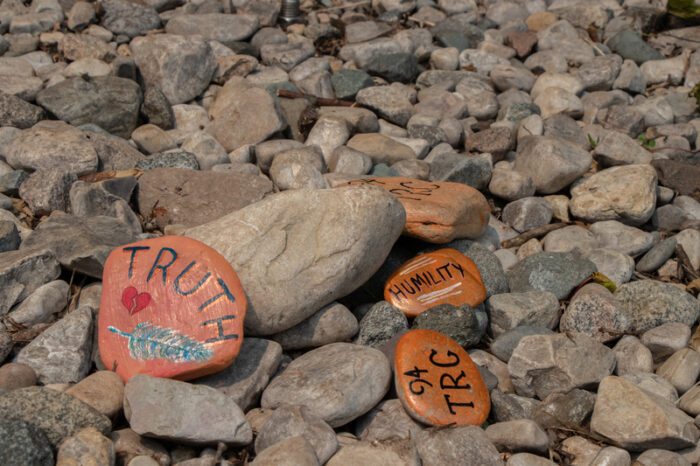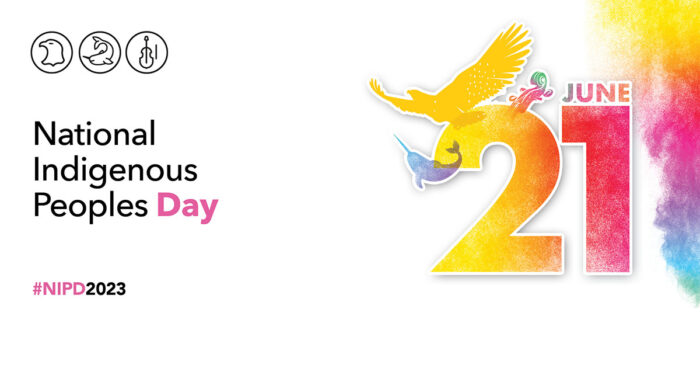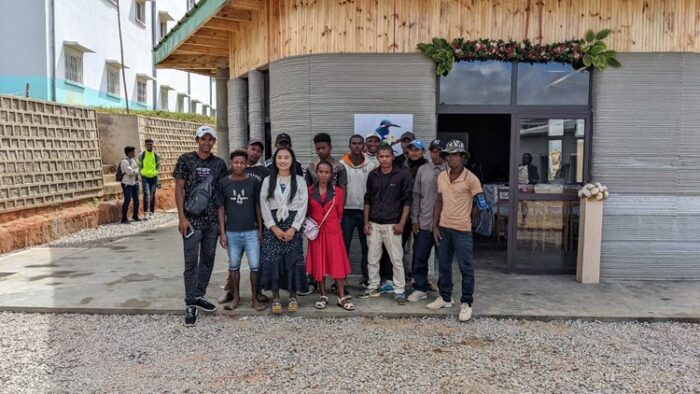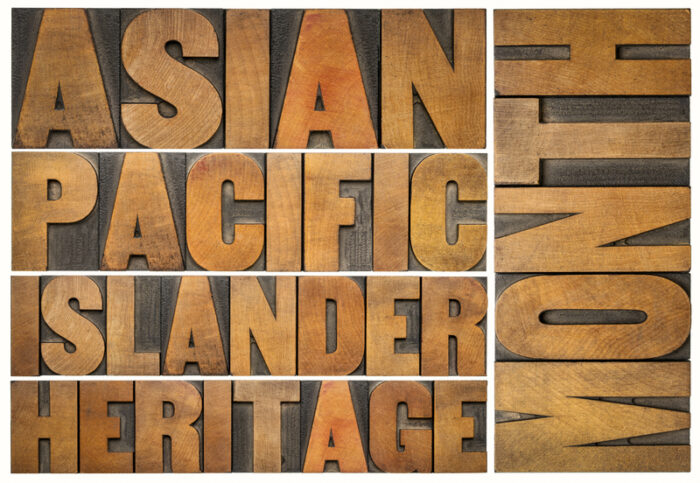On Tuesday, an historic decision was made by the Canadian government. It appointed Mary Simon as the country's next—and 30th ever—governor general of Canada.
A former journalist for CBC North and government diplomat, Simon is Inuk. She was born in the Inuit village of Kangiqsualujjuaq (located in northern Quebec) and is the first Indigenous person to hold this position.
At the press conference to announce her appointment, she delivered this speech in both English and Inuktitut. "I can relate to all people no matter where they live, what they hope for, or what they need to overcome," she said. You can watch her speech below.
“I can confidently say that my appointment is an historic and inspirational moment for Canada, and an important step forward on the long path towards reconciliation.”
Mary Simon shares remarks in English and Inuktitut during this morning’s Governor General announcement. pic.twitter.com/2uC3PyRkrk
— APTN News (@APTNNews) July 6, 2021
So what exactly does the governor-general do? And what will Simon bring to the role?
What does the governor general do?
The governor general's role is a bit confusing to understand. On one hand, it is a very high position. The governor general is the monarch's representative here in Canada. (Because Canada is a member of the Commonwealth, the British king or queen is also seen as its monarch—currently, this person is Queen Elizabeth II, and that is why she appears on so much Canadian money, for example.)
But the governor general doesn't make any laws or decide policy (how the government will address certain issues or needs). Instead, the position is mainly ceremonial. The governor general attends significant ceremonies, reads speeches, receives and visits important foreign leaders, and is the link between the monarch and the country.
And though the governor general cannot decide policy, the prime minister must consult with this person over certain decisions, such as starting or ending sessions of parliament. Above all, the governor general's job is to remain neutral, deliver advice, and try to represent what is best for the entire country—not for any one political party or movement.
Who is Mary Simon?
Inuksuk High School in Iqaluit, Nunavut. Simon was a huge part of the council that made Nunavut its own territory. (Getty Embed)
Simon's long career began as a producer and announcer at CBC North, a radio and TV service that specialized in reaching northern Canada. Then in the 1970s, she was elected to the board of directors of the Northern Quebec Inuit Association. Since then, she has held many positions within Inuit leadership groups, and not just within Canada. In the 1980s, she led a group of Indigenous Peoples based in Canada, Alaska, and Greenland to Moscow, Russia to help them connect with Inuit based in that country.
Her career has given her a lot of experience in negotiating and creating new groups. Starting in 1993, she was a part of the group that helped to form the territory of Nunavut (which was officially formed in 1999). And starting in 1994, she spent ten years as the Canadian Ambassador for Circumpolar Affairs, helping to create what is now called the Arctic Council (this includes Canada, Iceland, Denmark, Norway, Sweden, Finland, Russia, and the United States). And that's just part of what she's achieved!
Her record already led to her being considered once for governor general in 2010. Now today, she has the job.
What will she bring to her role?
Simon has a reputation for being fair and open minded, but strong and committed.
As a fluent speaker of Inuktitut and English, she will be an excellent bridge between Indigenous communities and the Canadian government. She has represented not only Inuit, but also other Indigenous Peoples, such as Cree, in government treaty negotiations. She has also spent years fighting for environmental causes and awareness, and has worked with both Liberal and Conservative prime ministers.
Critics have pointed out that she can't speak French, but she says she is up to the challenge. "I am deeply committed to continuing my French language studies," she said, "and plan to conduct the business of the governor general in both of Canada's official languages."
Above all, her appointment comes at a time where Indigenous Peoples—as well as many other Canadians—are strongly demanding that Canada properly address long standing issues of systemic racism and injustice. She has explained how since her youth, she and her community "camped and lived on the land, hunted, fished and gathered food, and maintained an active connection with our Inuit heritage and language." Her new role will give her the chance to express the importance of these—and many other things—to the government.
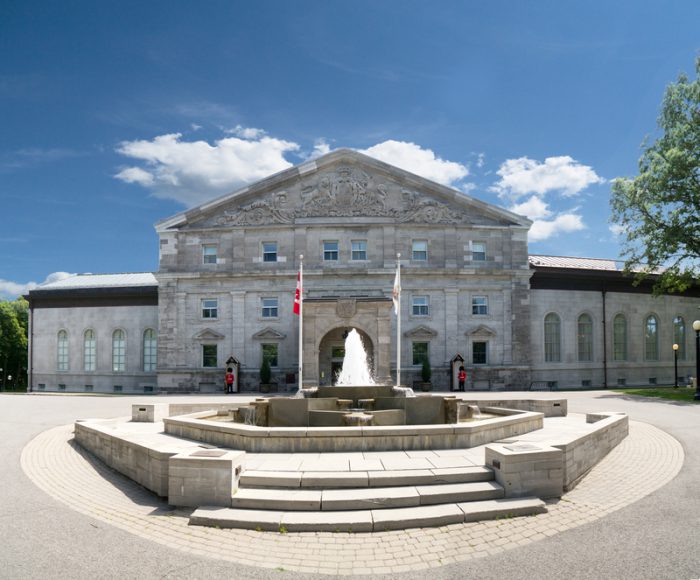 Rideau Hall is the official residence of the governor general in Ottawa. (ID 26161043 © George Kroll | Dreamstime.com)
Rideau Hall is the official residence of the governor general in Ottawa. (ID 26161043 © George Kroll | Dreamstime.com)
